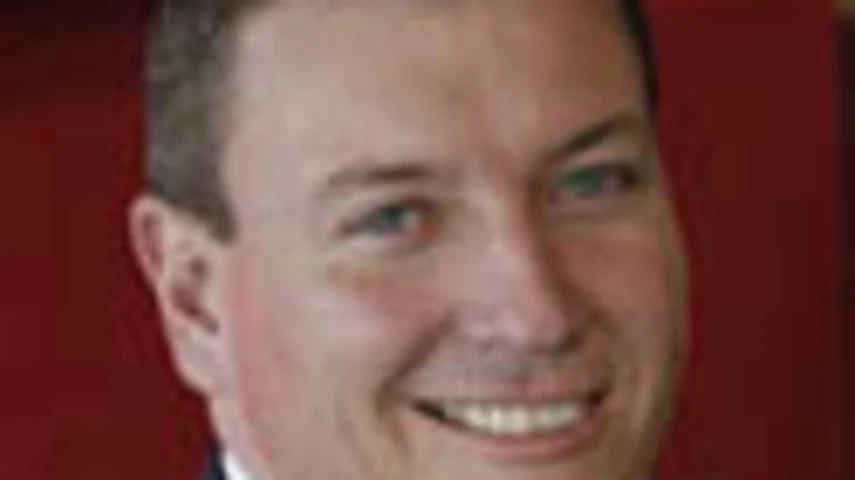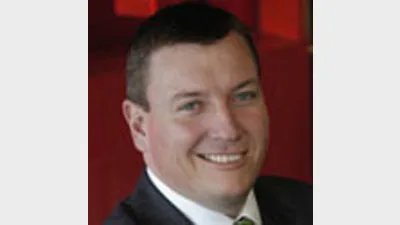Australian Greens back IFSA's parental leave super scheme



 |
| John Brodgen
|
The Australian Greens have added their support to the position taken by the Investment and Financial Services Association (IFSA) that any paid parental leave legislation tabled by the government should include superannuation payments.
Greens Senator Sarah Hanson-Young said the Federal Government’s “take-it-or-leave-it approach” to the proposed 18-week paid parental leave plan will, by itself, not deliver the support Australian families need.
“It’s great that all sides of politics now agree that a national paid parental scheme is necessary, but let’s make sure it delivers the best possible result for Australia’s mums and dads,” Hanson-Young said.
“The way to secure a speedy resolution is for the Government and the Opposition to accept a package with six months leave on the minimum wage plus super.”
The position taken by the Greens Senator is largely consistent with that taken by IFSA chief executive John Brodgen who said last week that many Australian women face a “grossly inadequate retirement” due to lower superannuation savings.
A study conducted by Rice Warner Actuaries, on behalf of IFSA, demonstrated how a choice by women to have children left most vastly disadvantaged in retirement.
Hanson-Young, the Greens spokesperson on the status of women, said the Greens have had legislation on the table since May last year to provide six months of paid parental leave plus superannuation payments, and it remained the only piece of legislation about the issue before parliament today.
The Greens’ proposed amendments include six months paid parental leave, and provision for superannuation payments with all payments set at the minimum —including incentives for business to top up payments based on existing schemes.
“We can’t afford to put off parliamentary debate on this issue, but we need to have sufficient time on the agenda to deal with paid parental leave properly, not just ramming through the government’s plan as the only possible solution,” Hanson-Young said.
“Families need six months leave plus super, and no amount of spinning from the Government will change that.”
Recommended for you
Large superannuation accounts may need to find funds outside their accounts or take the extreme step of selling non-liquid assets under the proposed $3 million super tax legislation, according to new analysis from ANU.
Economists have been left scrambling to recalibrate after the Reserve Bank wrong-footed markets on Tuesday, holding the cash rate steady despite widespread expectations of a cut.
A new Roy Morgan report has found retail super funds had the largest increase in customer satisfaction in the last year, but its record-high rating still lags other super categories.
In a sharp rebuke to market expectations, the Reserve Bank held the cash rate steady at 3.85 per cent on Tuesday, defying near-unanimous forecasts of a cut and signalling a more cautious approach to further easing.











